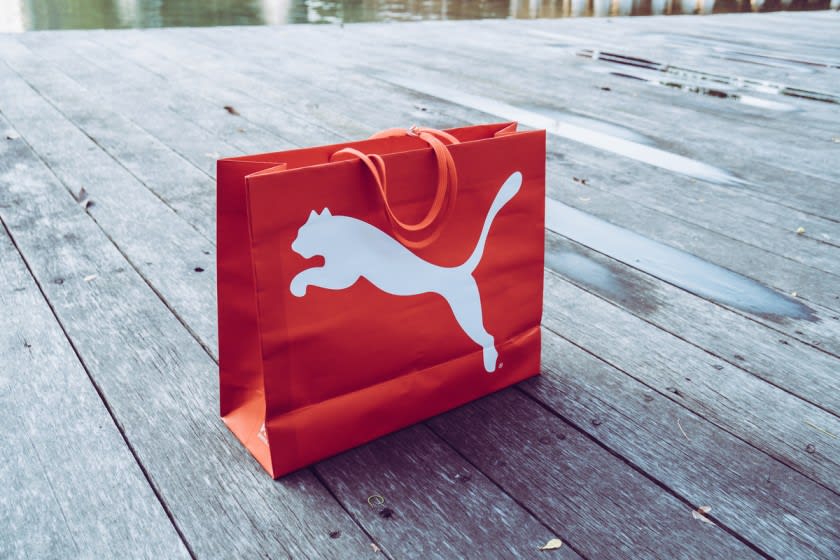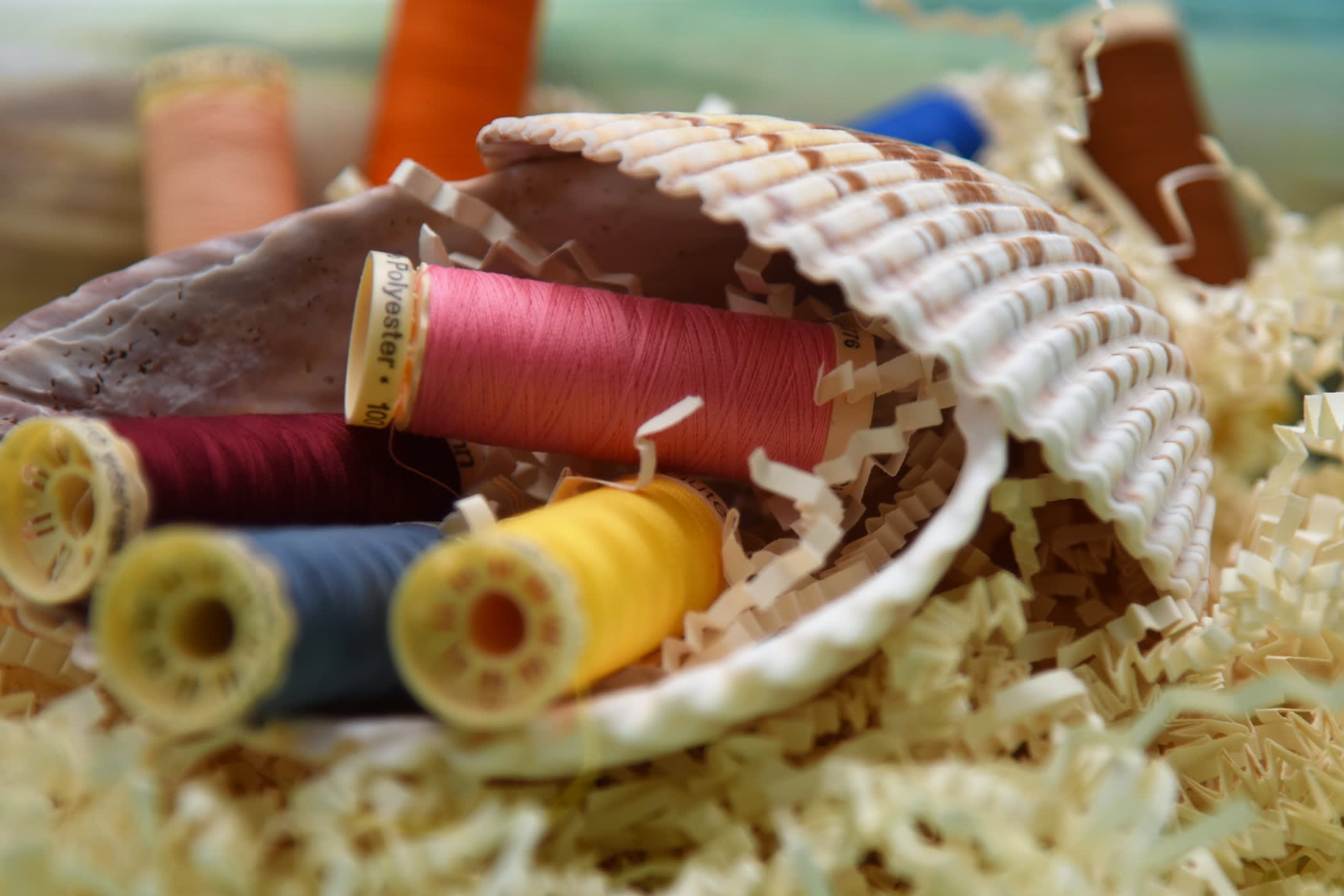The Main Ethical Issues in the Fashion Industry

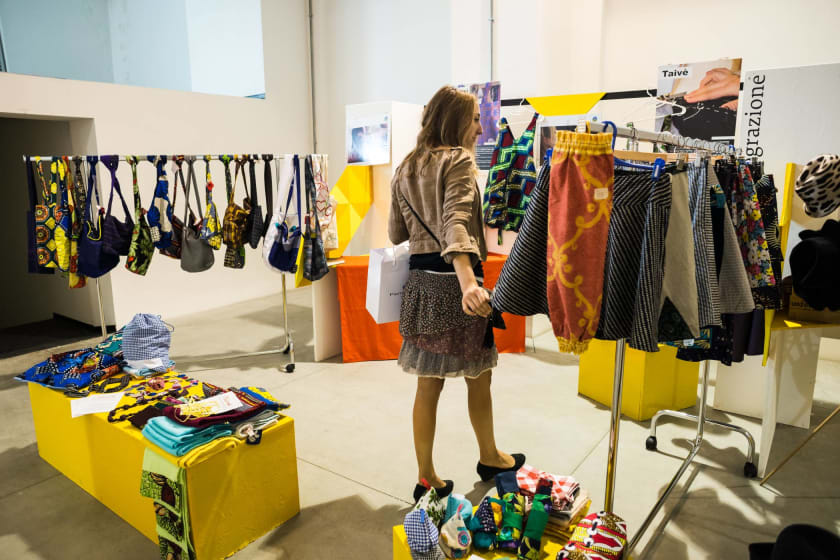

Until a few years back, ethical practices in the fashion industry were never a hugely spoken issue. But in today's world, ethical issues in the fashion industry have come into the limelight, and how! The fashion industry always puts someone or something at stake if you look closely. It could be humanity, or it could be nature's resources, or worse, nature itself. When one decides to pursue success and popularity, then come what may, no practice or deed seems right or wrong.
As soon as the Rana Plaza disaster took place, worldwide clothing manufacturers were forced to reevaluate their manufacturing procedures and how they affected their workers, the kind of communities they were located in, and their environment. Activists from all walks of life, including environmentalists, animal rights advocates, and philanthropists, began taking a stand against the unethical practices in the fashion industry.
You may have heard about child labour at factories that manufacture clothes, and you may have also heard about leather being produced by imbibing pain to the poor animals. As you may have heard that Not all that glitters is gold, similarly, the fashion industry may look very attractive and glossy from the outside, but when you venture deep into it, you will realise that a lot is wrong, unfortunate. Let us discuss and highlight a few of the main ethical issues in the fashion industry.
7 Main Ethical Issues In The Fashion Industry
Low Wages
There is a reason why influential fashion brands depend on developing countries to fulfil their labour requirements. In the name of the employment generation, these fashion brands are the ones that are benefitted the most due to this setup. It's true that employment indeed is generated. However, the employees don't receive the remuneration that they deserve.
Employment generation has no impact if annual salaries and working conditions for sweatshop workers are considered. In many of these nations, the wages paid by contractors employed by the big fashion corporations are so low that they don't even meet their necessities, let alone allow them a budget for emergencies and unexpected expenses.
Child Labour
Brands usually hire cheap labour to earn as must as possible. How do they do this? First, they started concentrating on the developing and underdeveloped countries for their production purposes. Next, they hire children to work for them because parents in these countries need money to survive and don't choose to send their children to work. Poverty and unawareness do that to people.
These prominent fashion brands take advantage of that and start the whole era of unethical practice. And notably, these children work under bad working conditions and are also denied their fundamental rights, such as studying or being educated.
Environmental Concerns
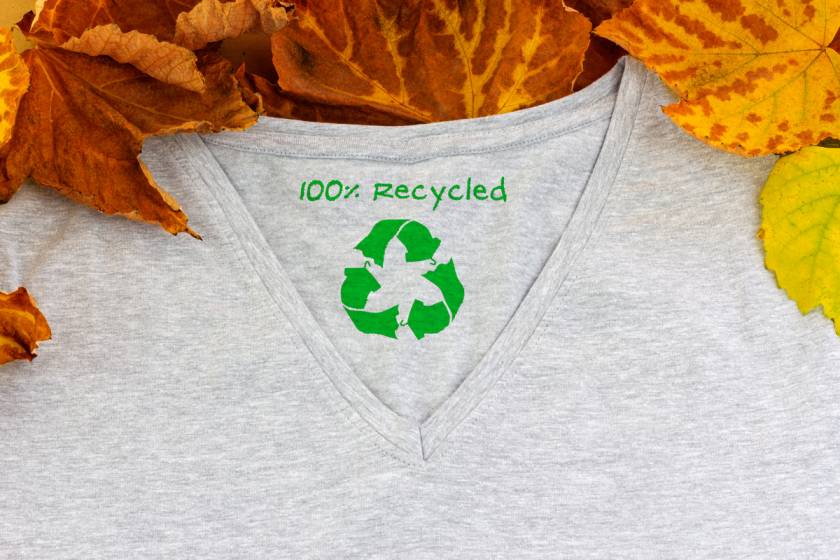
In the yesteryears, the clothing manufacturers paid little to no attention to environmental damage. This was because the fashion industry was not as massive back then as it is now. But over the years, the industry has evolved and expanded, and the damage to the environment and natural resources has increased hugely.
Talk about any process during textile manufacturing; the depletion of nature is imminent. For example, many poisonous pesticides are flushed into water bodies during cotton farming. In addition, some effluents are let out into the nearby streams during the dyeing process. These things and many others constitute the harm done to nature every day, bit by bit.
Animal Cruelty
This is the worst to see in them all. Animals are tortured directly for their skin, hide, and fur to produce the fancy belts, wallets, and bags you go ga-ga for. Another indirect form of animal cruelty is polluting the habitat of these animals so severely that they die a slow death. The beauty of this world is the peaceful ecosystem, but the fashion industry has disrupted even that- and that too is a part of animal cruelty.
During cotton farming and the dyeing of clothes, the discharge released into the water bodies kills many aquatic animals because of the toxic nature of the residues.
Body Shaming
Yes, this too is an unethical practice in the fashion industry. If you had observed closely, almost all the models that represent a particular fashion brand or those who walk on the ramps are abnormally slim, which frames a picture in people’s minds that beauty is equal to being thin and skinny. This makes society believe that being fat or healthy is a matter of shame, where body-shaming begins. The same society also blames extremely skinny women for being malnutrition. Body shaming has led to severe issues such as suicides too.
So yes, fashion brands need to be more careful in choosing how to show beauty without hurting the sentiments of others.
Health And Safety Risks
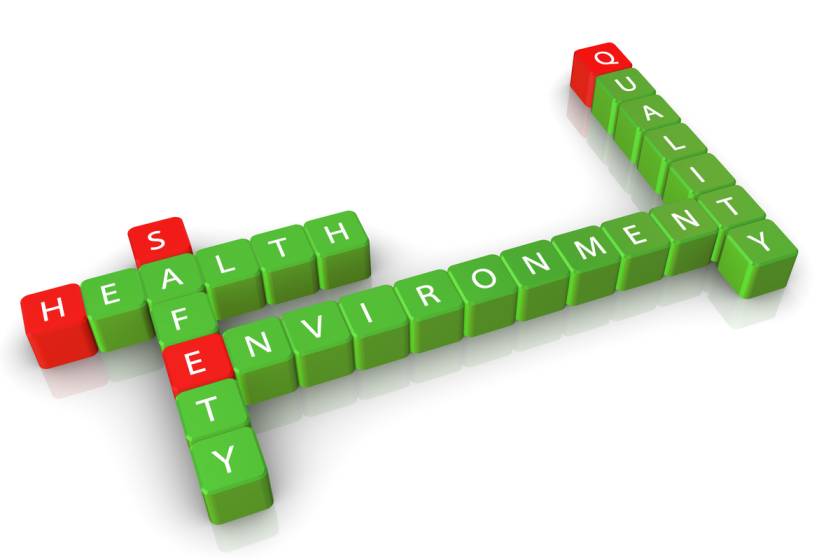
As workers are exposed constantly to toxic pesticides, poisonous dyes, and chemicals, it is evident that their health is at considerable risk. They typically have health issues such as headaches, vomiting consistently, memory problems, breathing diseases, seizures, and even death.
Where the well-being of the workers should be a company's priority, it is heartbreaking to witness how these fashion brands compromise with the health and safety of their employees just to maximise their profits and reduce expenses.
Demand For Blood Diamonds
There are quite a few fashion houses that need diamonds for their fashion purposes. These blood diamonds are mining illegally, making significant older adults work under horrible working conditions. After the mining is done, some powerful people use these diamonds for illegal occupations, making this aspect extremely unethical.
Conclusion
After having read all of these points, the one thing that people need to understand is that ethical fashion begins with them. If they opt for those fashion brands that follow ethical practices, there will be a change in the entire industry. Several influencers, organisations and companies, have realised how important it is to promote ethical practices at work and are hence, advertising it and fighting for it as much as possible. Fashion brands, too, are slowly warming up to ensure that their business follows ethical practices as much as possible!















